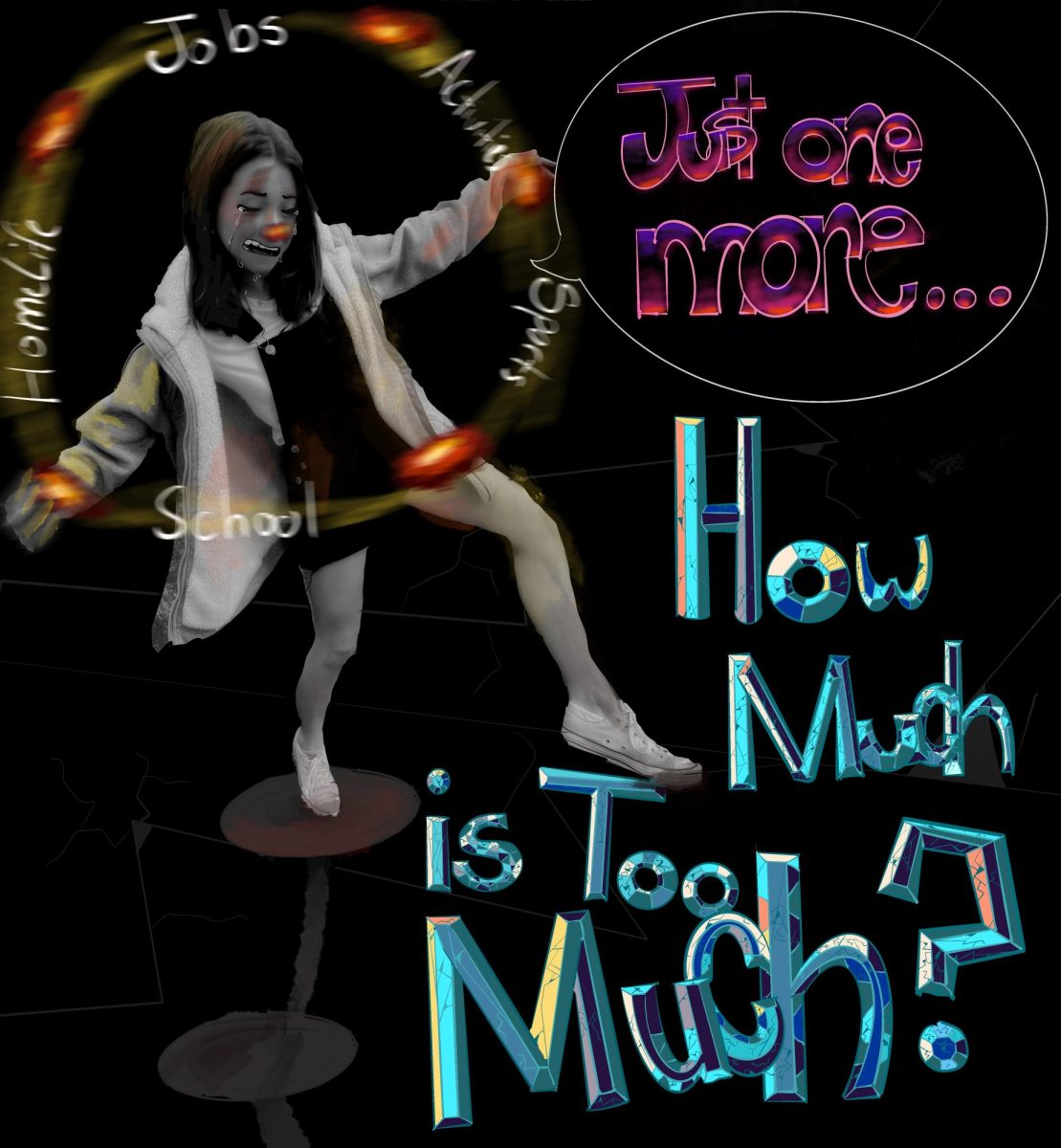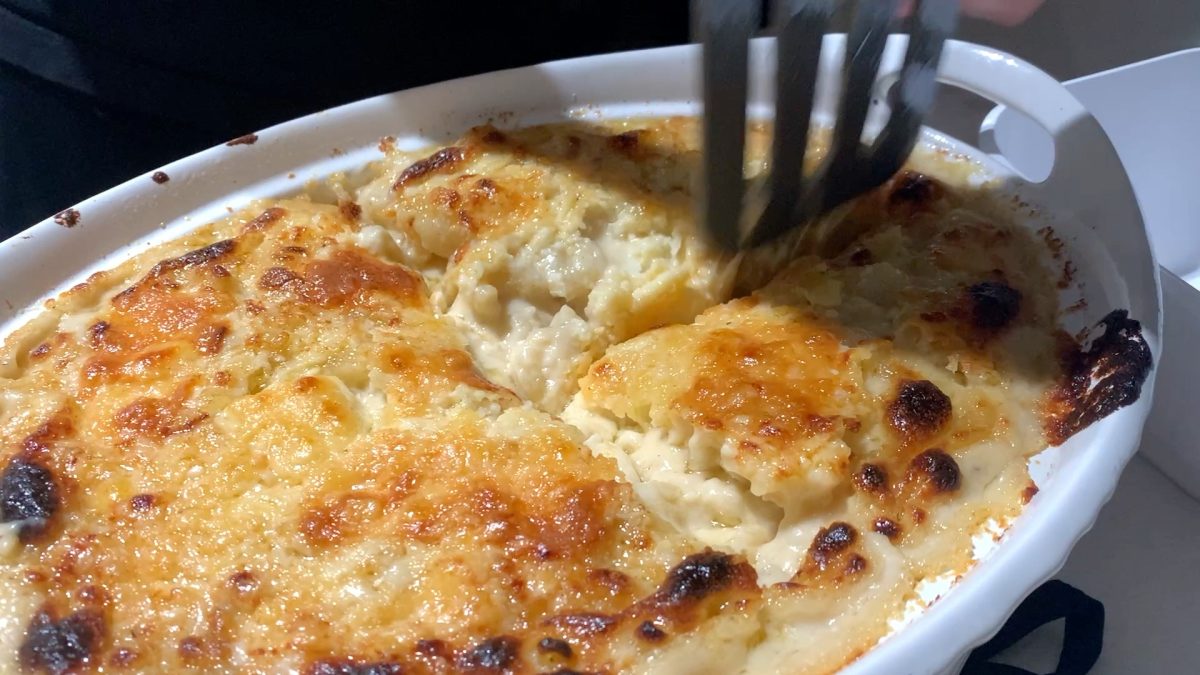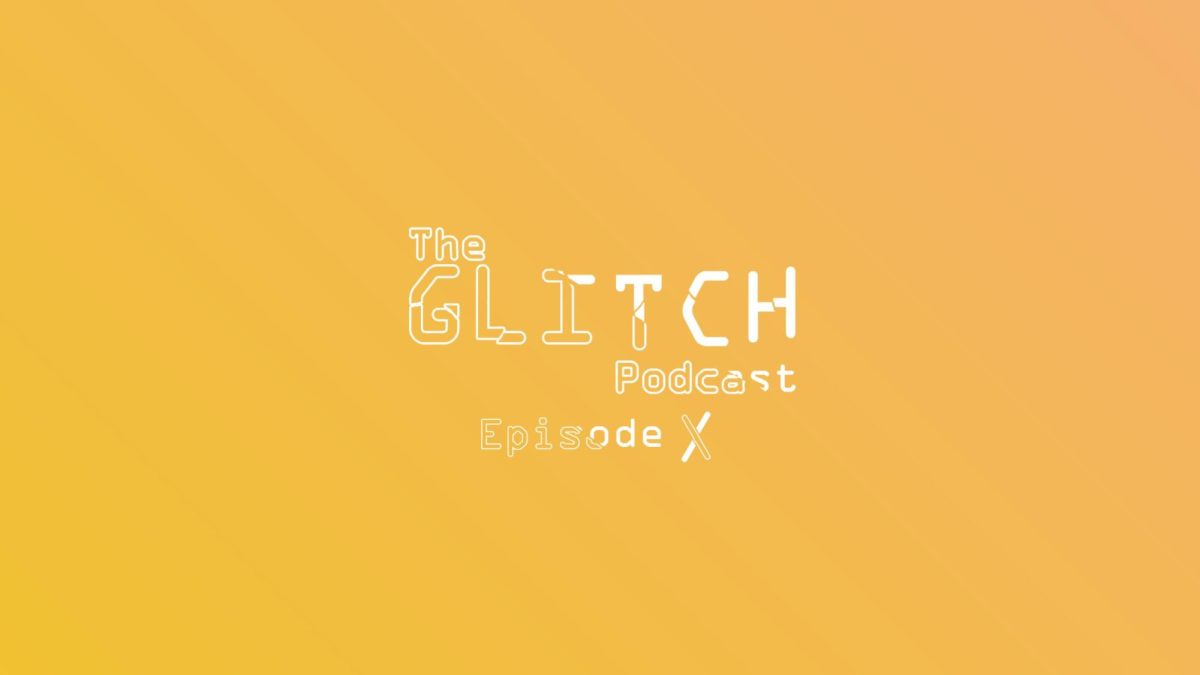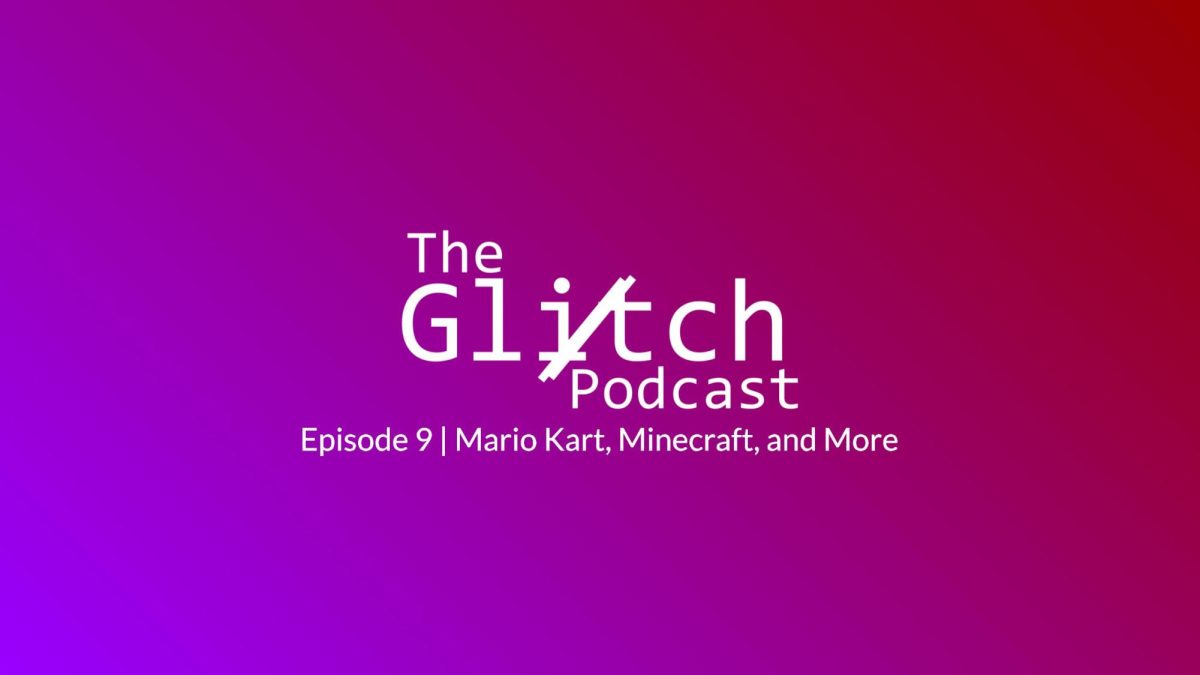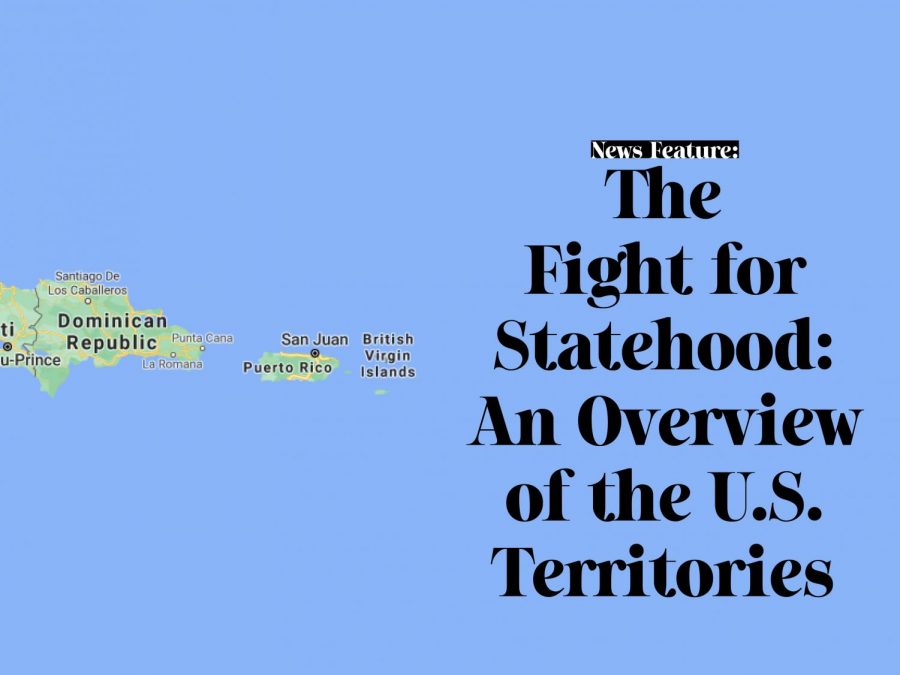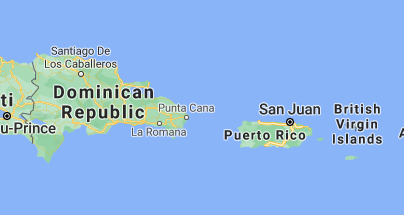The U.S. Territories (and Districts) and Statehood
An overview of the major U.S. territories and district with the arguments for and against statehood
media by Grace
Web header photo for “The Fight for Statehood: An Overview of the U.S. Territories” article, featuring a the Dominican Republic from Google Maps.
February 24, 2021
Imagine belonging to a country but not being able to vote. Imagine feeling as if you have no representation in your government.
Nov. 3, thousands in Puerto Rico, Washington D.C., and other territories either mailed ballots in or stood on poll lines and hoped their votes would make a change for their community. Citizens of U.S. territories cannot vote in general United States elections. In U.S. politics, the question of statehood for certain U.S. territories and districts is becoming an increasingly relevant issue, with some calling for territories like Puerto Rico and Washington D.C. to become a 51st state. These are very relevant issues in today’s politics, and still, many do not understand the points of view associated with this topic.
“There are many benefits to Puerto Ricans if it becomes the 51st state,” U.S. History teacher Larissa Fillingham said.
Puerto Ricans would be able to vote in general U.S. elections, have members of Congress that would be able to vote on legislation, and have more opportunities to make change on a federal level.
“This would give [Puerto Ricans] a voice in government, a voice that they do not have as of now,” AP World History and U.S. History teacher Wes Chapman said. “Statehood would culturally impact Puerto Rico. If Puerto Rico was a state, federal income taxes would be collected. Tourism’s economic benefit would be affected, as it wouldn’t be a cheap destination for Americans.”
Puerto Ricans have voted three times, once in 2012, 2017, and 2020, in favor of becoming a state.
Many liberals want statehood for Puerto Rico because it would give Puerto Ricans more representation in the federal government. “Congress has the responsibility, by the Constitution, to add territories as a state,” Puerto Rican Resident Commissioner Jenniffer González Colón argued in a PBS interview.
However, conservatives oppose this measure because it seems to some to be a way to add more Democratic votes to Congress and would not to help the Puerto Rican people. While the majority of people did vote for statehood in the 2020 election, 48% voted against it. An argument for this is that making Puerto Rico a state would increase federal taxes.
“In fact, white liberals’ newfound desire to grant Puerto Rico statehood to thwart Senate Majority Leader Mitch McConnell, R-Ky., is just the latest form of American colonialism,” Julio Ricardo Varela, co-host of “In the Thick” and creator of website LatinoRebels.com, said on NBC.
Liberals also vie for Washington D.C.’s statehood because it would allow citizens to vote in general elections and have voting members in Congress, while many conservatives hope it will not become a state.
“DC residents fulfill all of the obligations of US citizenship and yet are denied representation,” the Statehood for DC website reads. “[…] DC residents have fought and died in every war, yet those armed service members are denied the freedoms they have fought to protect.”
Washington D.C. has one non-voting representative in the House, but residents pay federal taxes. D.C. residents have no say on who becomes Senators, ambassadors, or Supreme Court Justices.
However, many conservatives believe that these arguments are a democratic effort to gain more votes.
According to the Washington Post, Senate Minority leader Mitch McConnell labeled statehood for Washington D.C. as “full-bore socialism”.
Whether these territories become states or not, the effects on the U.S. government will be significant for one party or the other. A common perception is that Puerto Rico would be a blue state, however it would be more likely to become a swing state, according to Politico.
“Clearly the admittance of a 51st state would change the structure within Congress,” Chapman said. “If Puerto Rico were to come in as the 51st state, it would give one political party a clear advantage in the Senate.”
Puerto Rico has had statehood four times on the ballot since 1967, with the appeal for statehood winning since 2012, yet it is up to the federal government to decide on the fates of these territories.
“Realize that adding a state adds more seats in Congress, therefore the party that feels like they would most likely gain those seats would need to be in the majority in both houses of Congress for statehood to be pursued,” Social studies teacher Matthew Sassali said. “So to make a long story short, politics has prevented it from becoming a state in recent years.”
Ways you can get involved if you want Puerto Rico and Washington D.C. to become states:
- Follow @pr51st, @hs4dcstatehood, and @dcstatehood on Instagram
- Follow #Statehood4PR, @prssa, or @51stDC on Twitter
- Write letters or emails to state Congress members Jason Crow, John Hickenlooper, or Michael Bennet and explain why you want them to vote for statehood.
If you do not want Puerto Rico and Washington D.C. to become states:
- Write letters or emails to state Congress members Jason Crow, John Hickenlooper, or Michael Bennet and explain why you don’t want them to vote for statehood.

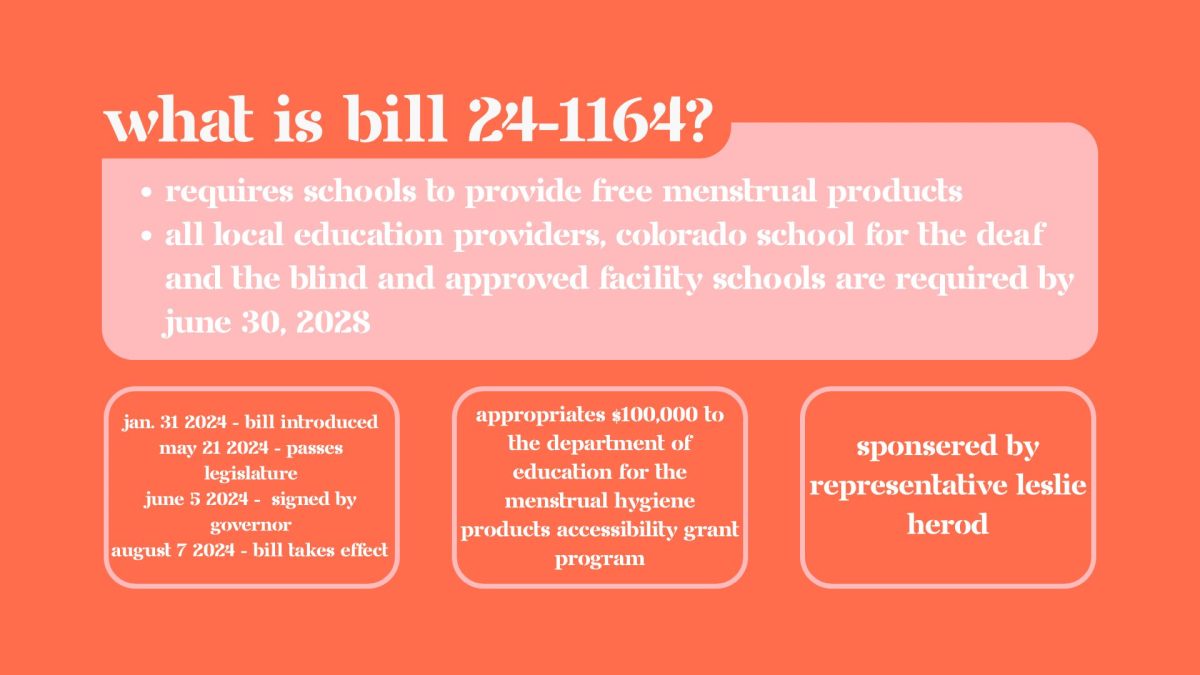

![Minutes before the Activities Fair in the gym, president Abhi Gowda ‘26 prepares the stall for his club Helping Hands, Sept. 4. A relatively new club, Helping Hands was co-started by Gowda and focuses on assisting the homeless, and just last year they succeeded in raising a couple hundred donations to send to shelters. This year, they have goals to expand, with hopes to increase volunteer opportunities and take in-person trips to shelters, as well as extend their help beyond just homeless people. “The Activities Fair gives a lot of underclassmen the opportunity to really get to know the Canyon culture, and it gives them many opportunities for service and volunteering,” Gowda said. “[Through the Activities Fair,] I hope to find a bunch of new and passionate members about our club and just get our name out there and spread awareness to the cause that we’re fighting for.”](https://rockmediaonline.org/wp-content/uploads/2025/09/1-2-1200x885.jpg)
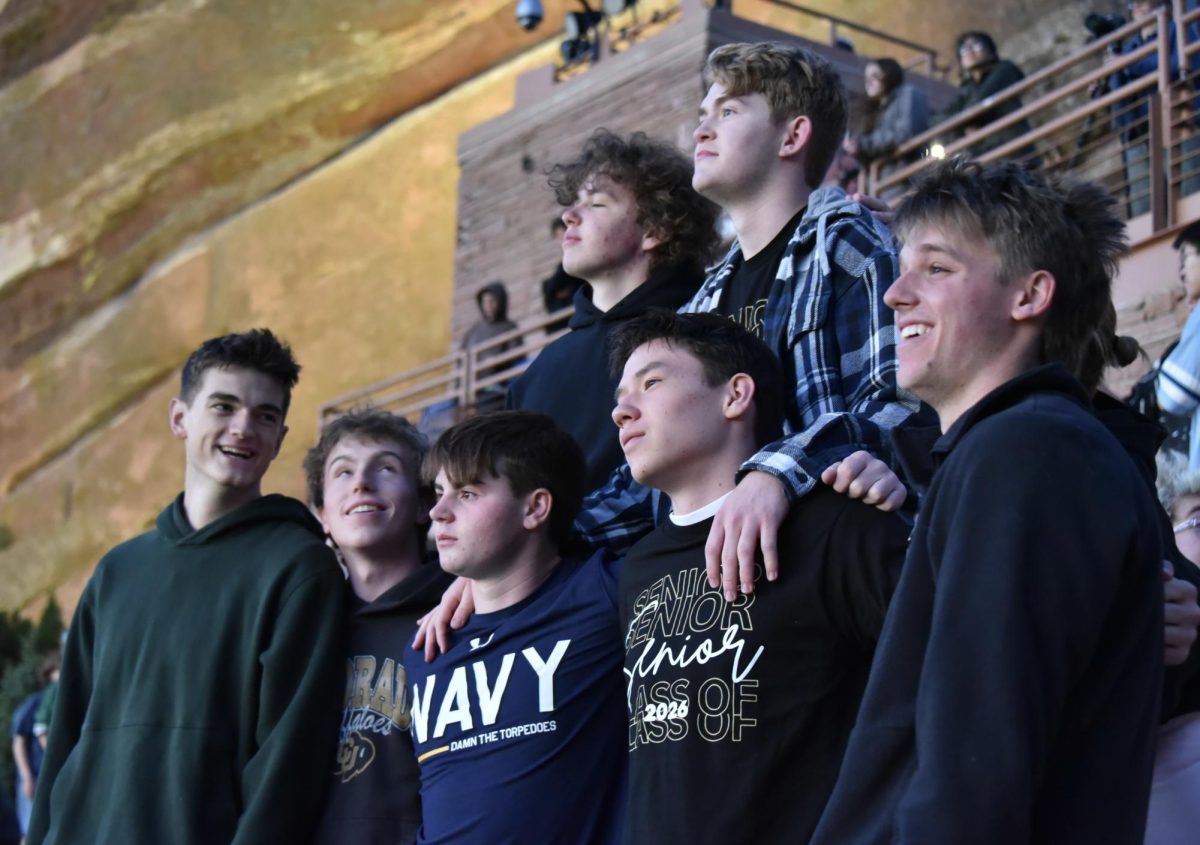
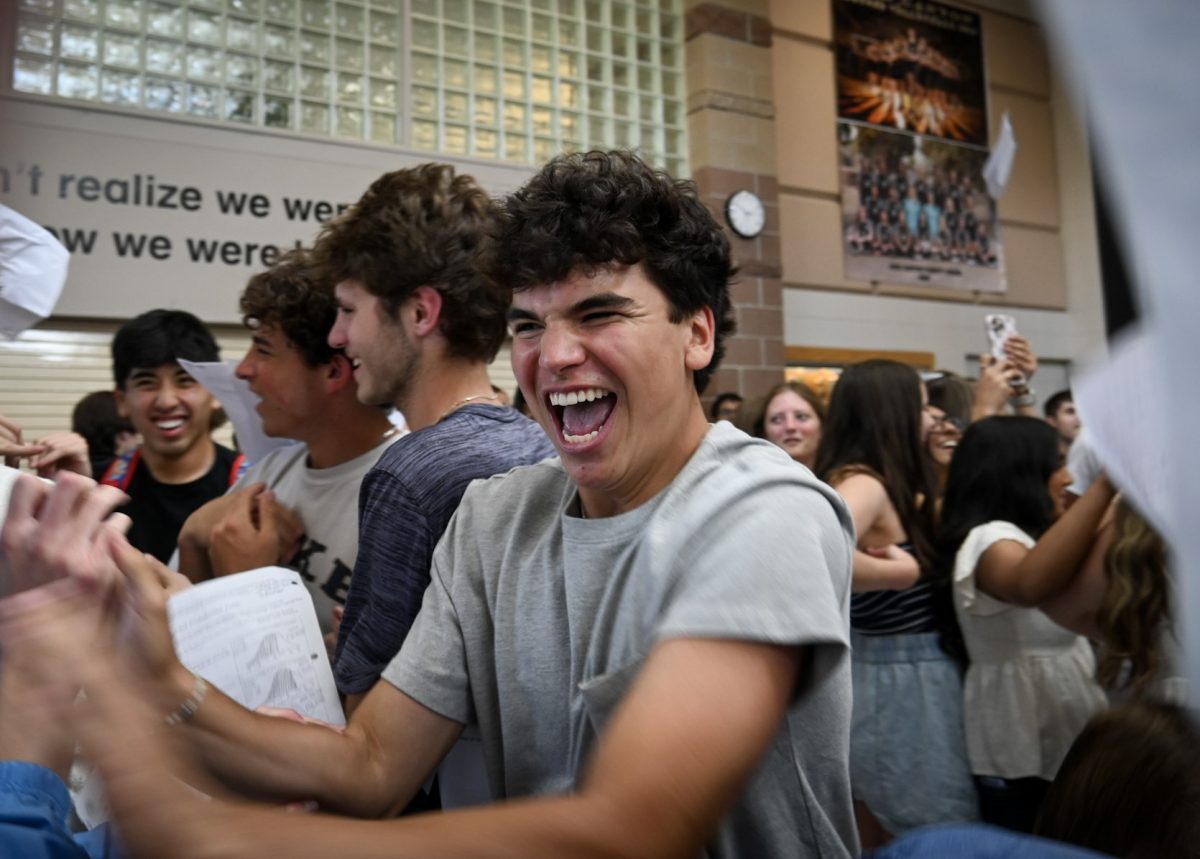

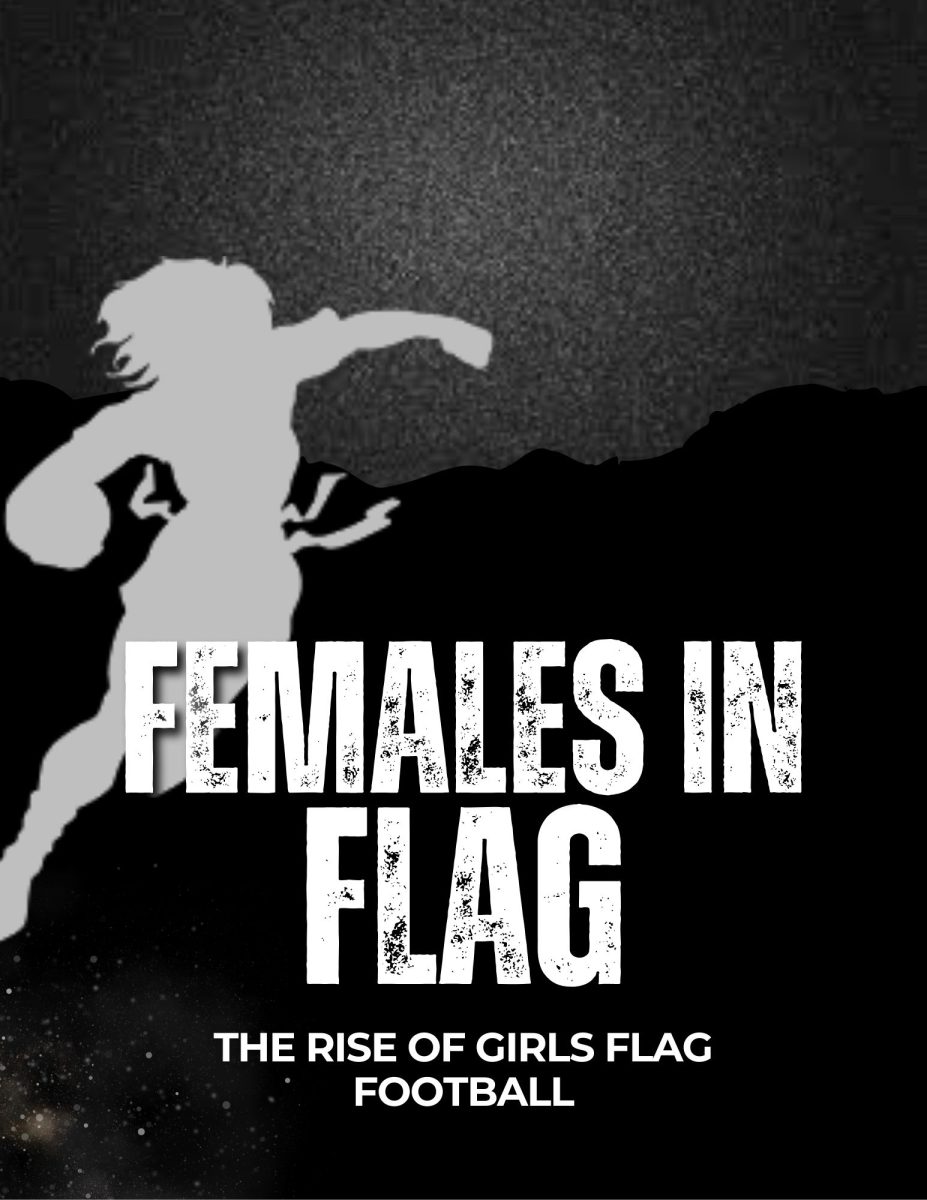
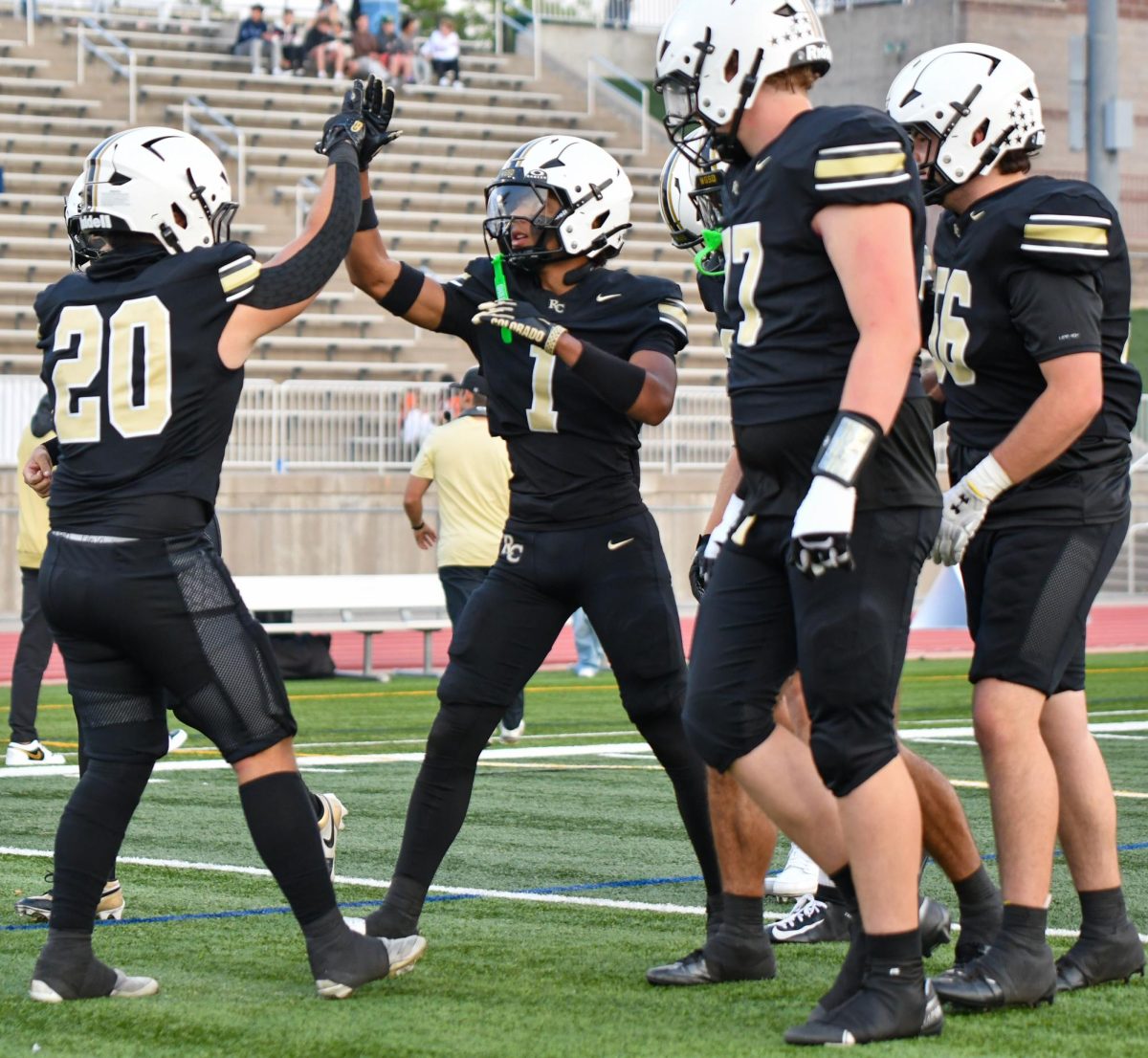
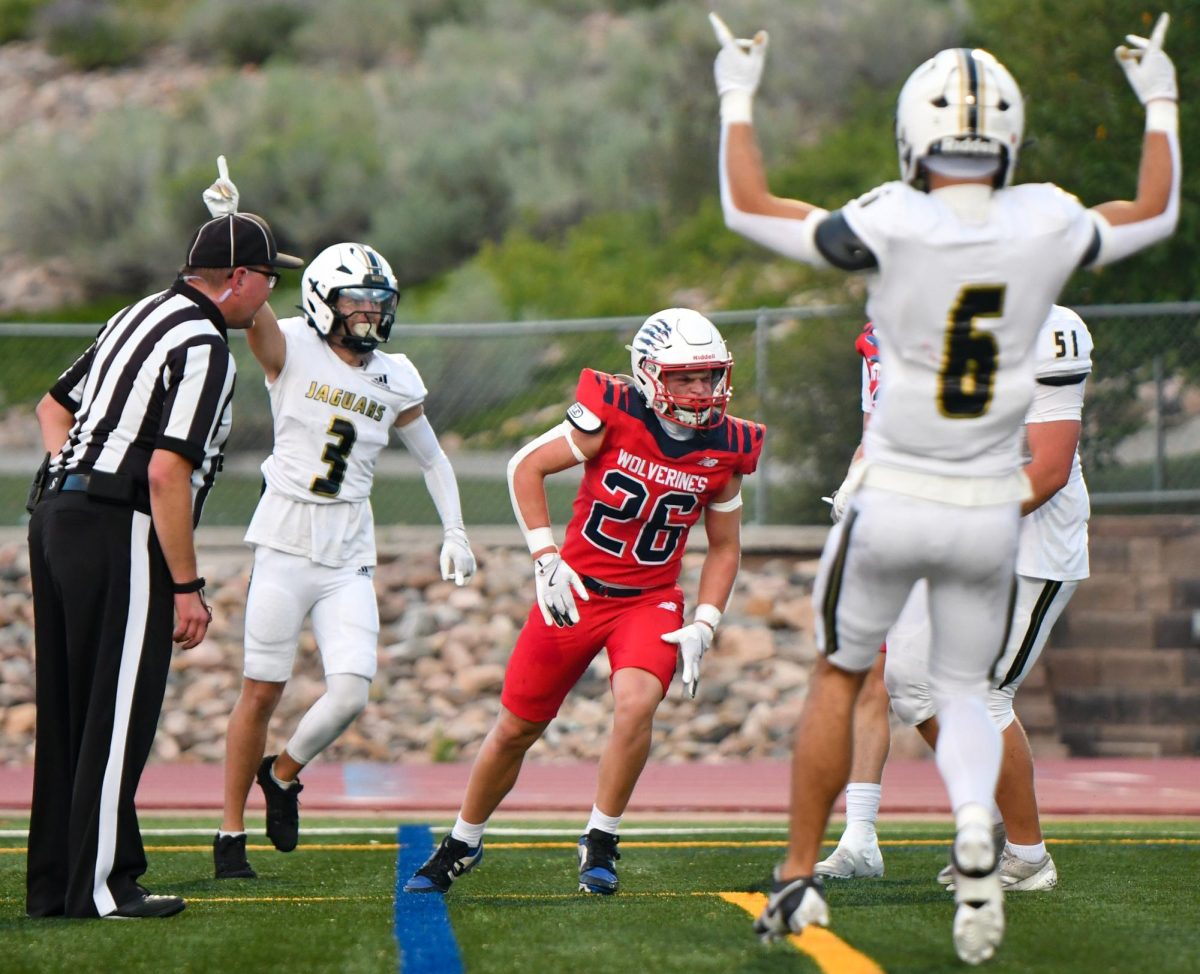

![The winter guard team makes fifth place at the state championship finals in the Denver Coliseum, March 30. The team performed to Barnes Country's “Glitter and Gold,” lead by coaches Margo Sanford, Blair Bickerton and Anna Orgren. In their class there were a total of nine groups participating, and the top five who made it to finals received a plaque. “[Walking onto the stage] is very nerve-wracking, but also very exciting as well. When you first start color guard there's a lot of anxiety and uncertainty when you first perform in front of an audience, but once you've done it for a while, it starts to become the best part of the season,” Ella West ‘25 said. “It's very fulfilling to see an audience react to something you've put your heart and soul into.”](https://rockmediaonline.org/wp-content/uploads/2025/04/Both-socal-media-nd-website-main-1-1200x846.jpg)
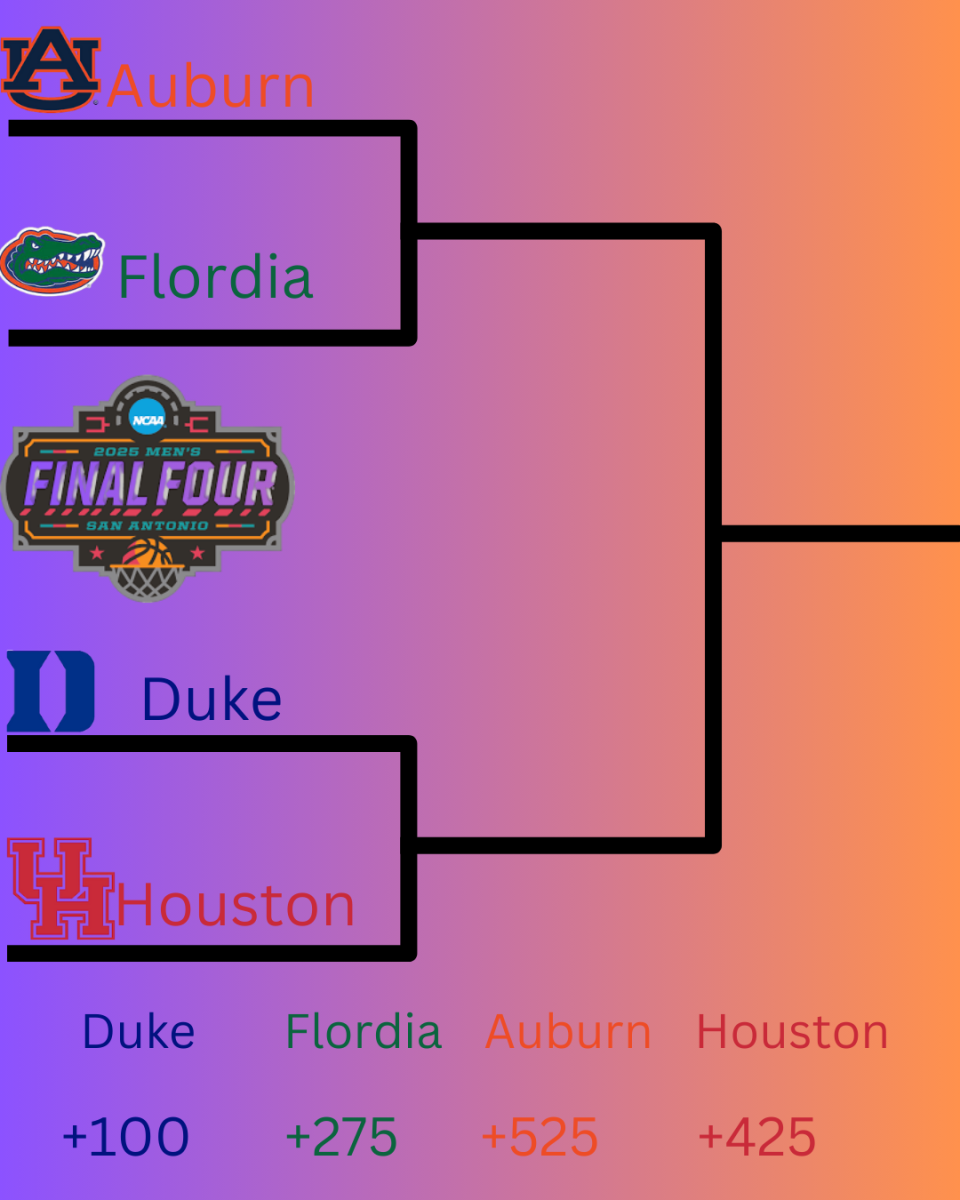
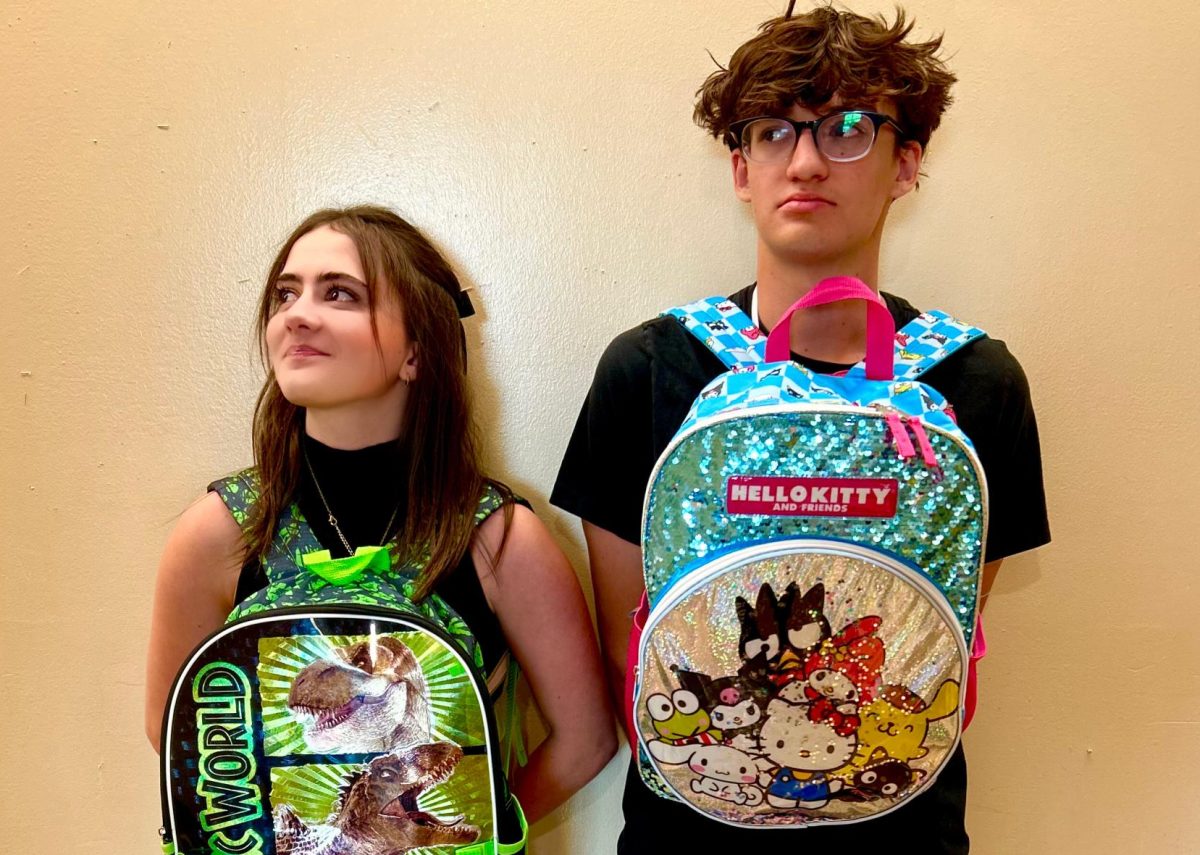
![April marks the 25th anniversary of Sexual Assault Awareness Month, created by the National Sexual Violence Resource Center (NSVRC). This month is to spread awareness of the harassment, assault and abuse that happens around the world. The symbol that represented the month was a teal ribbon; however, some survivors of assault create different symbols and movements like the TikTok trend in 2022, where survivors would tattoo Medusa on their body, in honor of her backstory in Greek Mythology. “I don't think [this month is known] at all. I rarely see anybody talk about it. I rarely see much of an emphasis on posting it online, or much discussion about it, and I feel like there needs to be way more discussion,” an anonymous source said. “I think just validating every experience that a person has gone through, regardless of the degree of it, the severity, is an essential step into making sure that people are aware that this is a very real problem in a society and that we need to do better in addressing it.”](https://rockmediaonline.org/wp-content/uploads/2025/04/IMG_0011-1200x900.jpg)


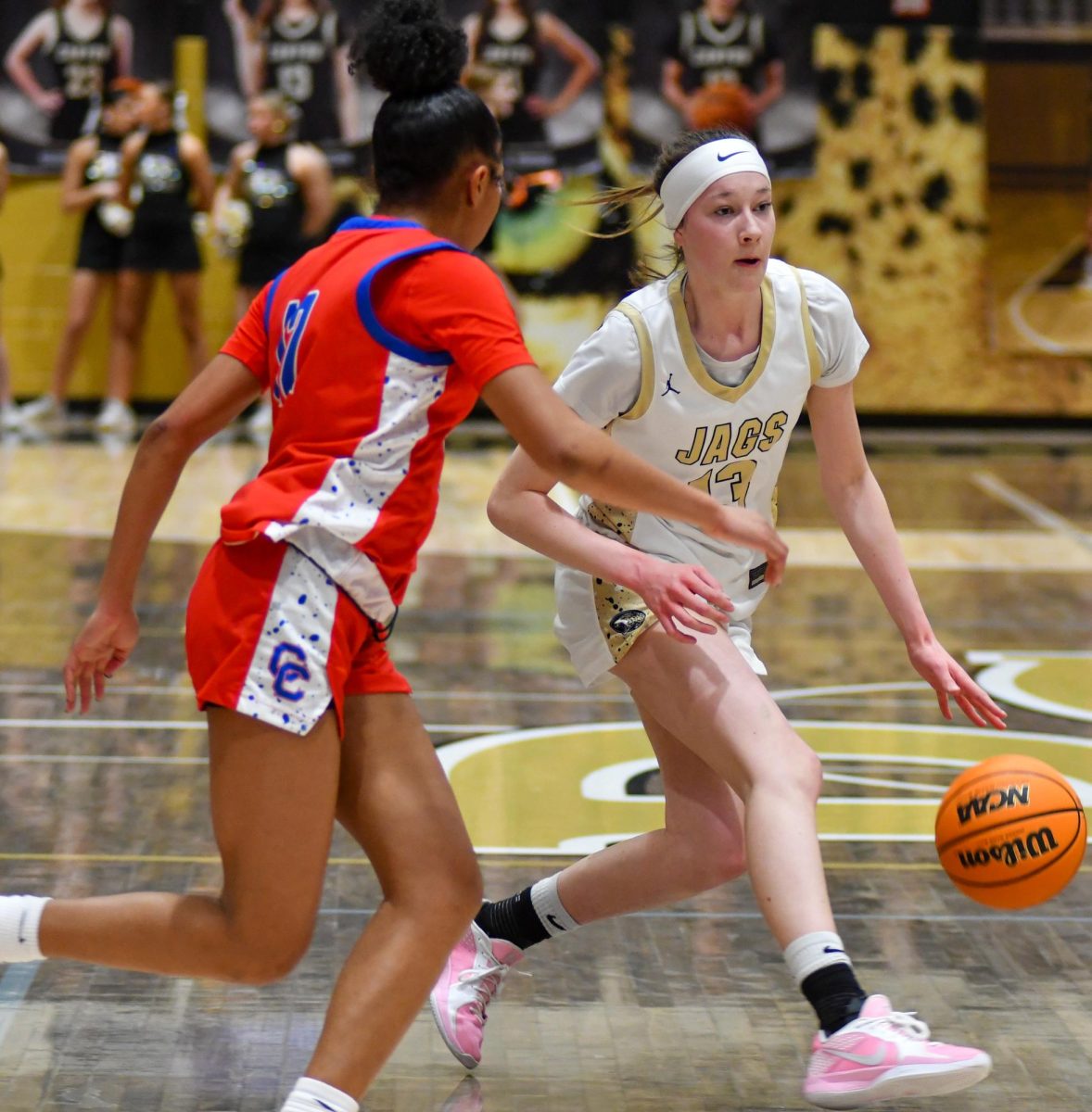
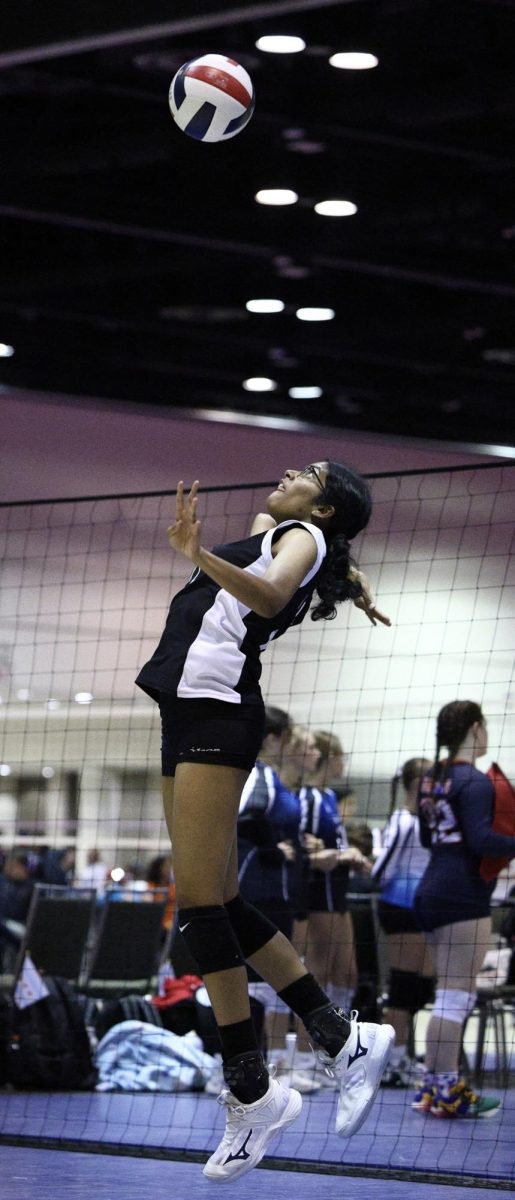
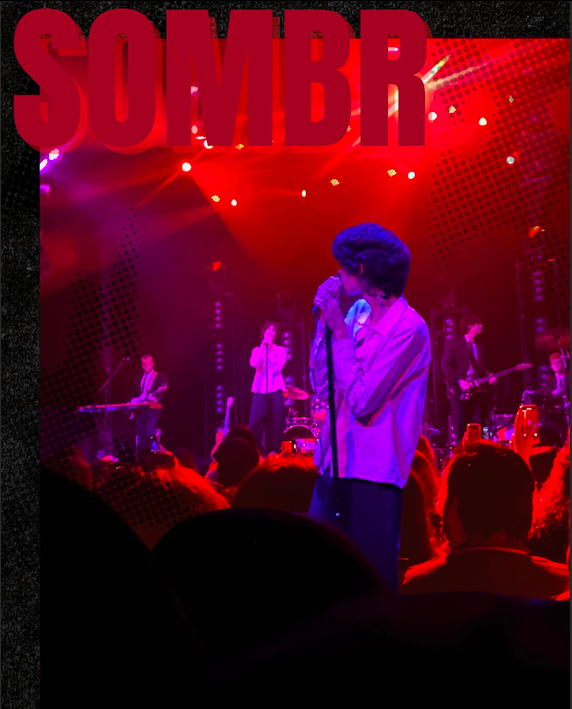

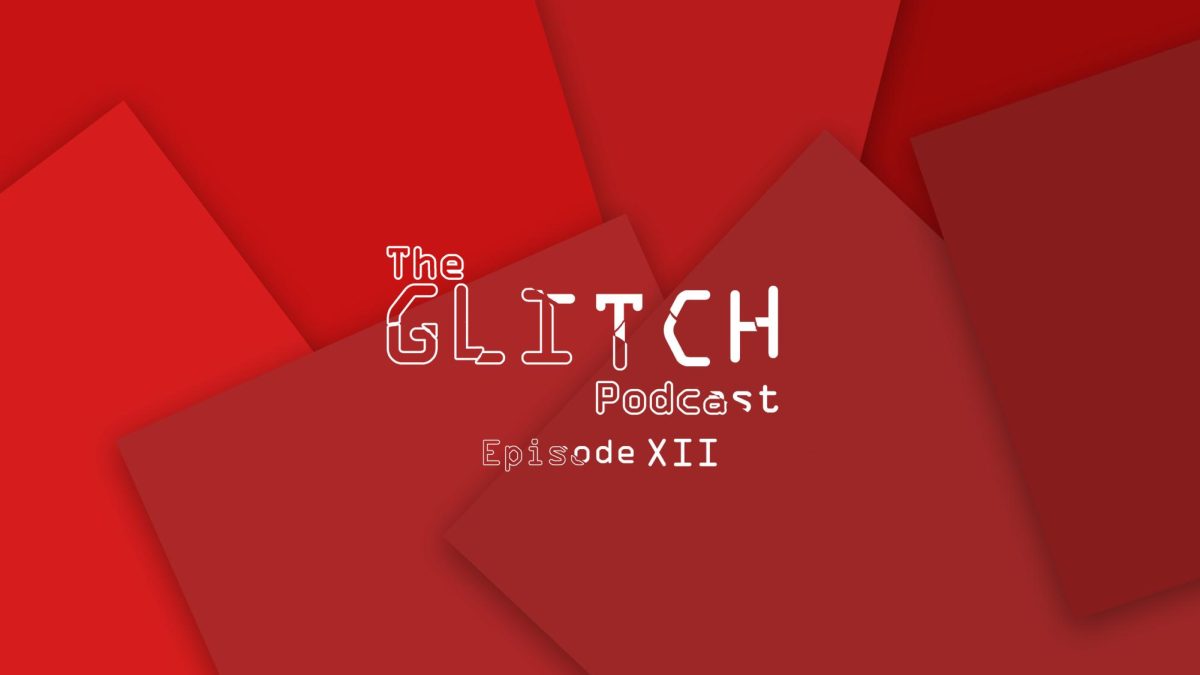
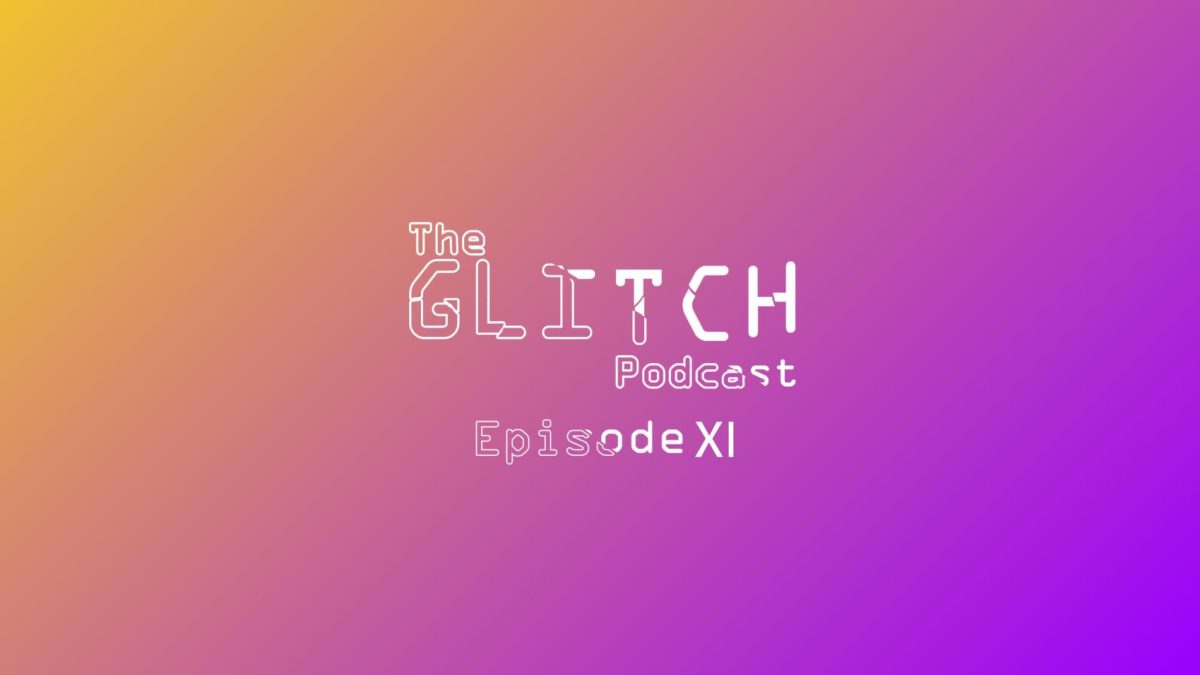


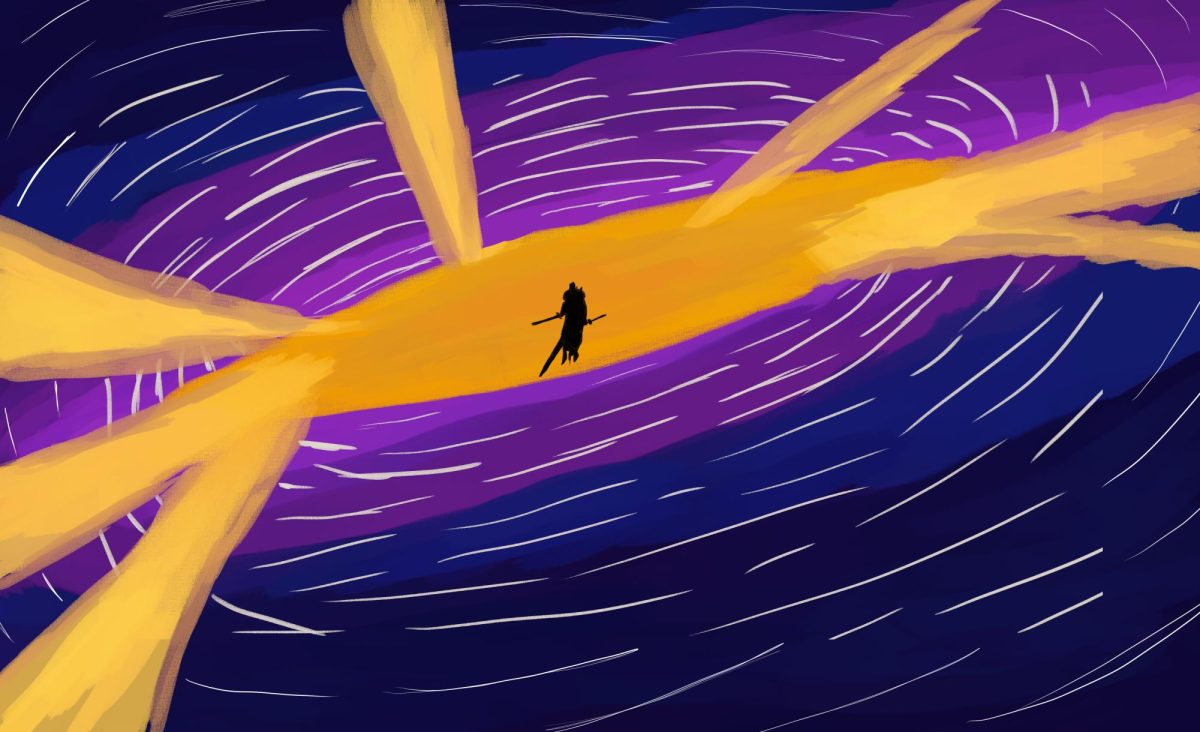
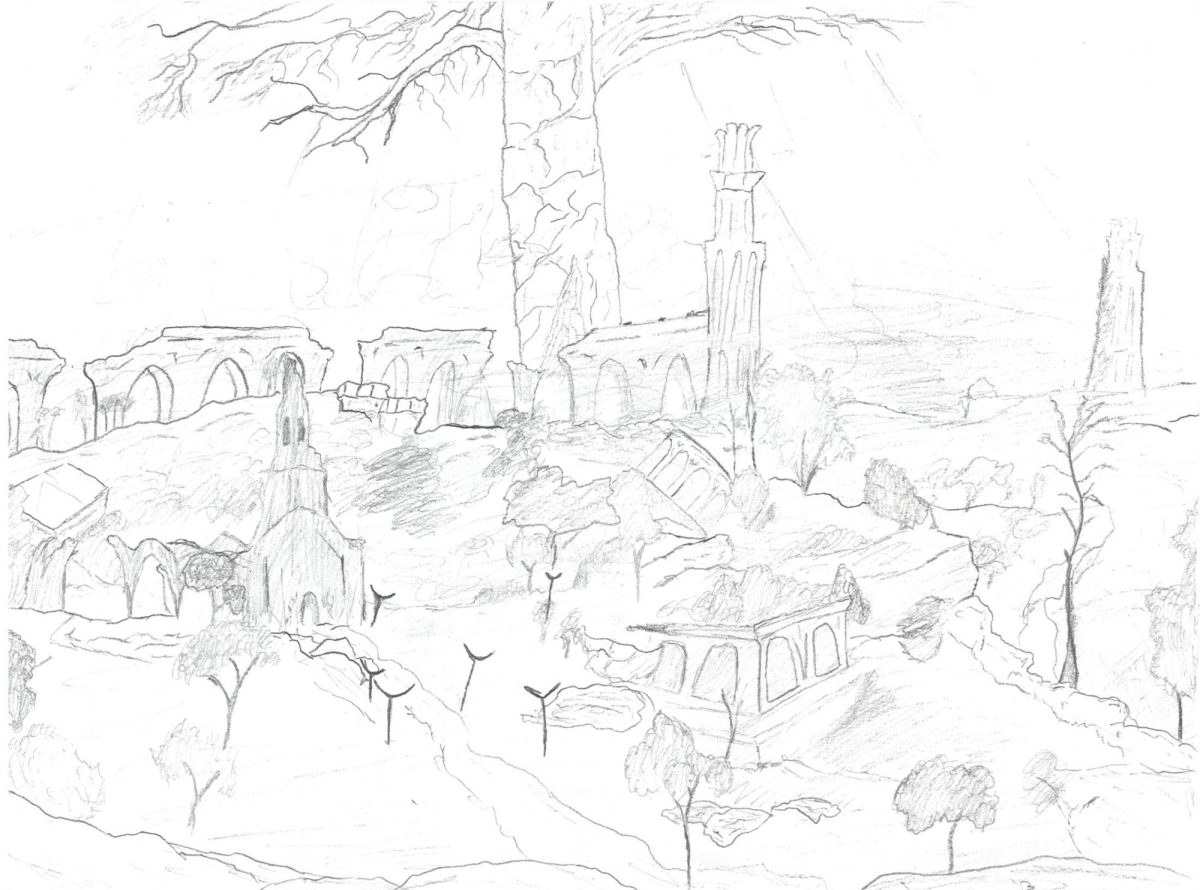
![Lesbian Visibility Day is April 26, and it’s a holiday to celebrate the lesbian community of the world. Lesbian Visibility day was established in 2008 by many queer activists and organizations who sought to raise more awareness for lesbian history and culture. “So this is why during Lesbian Visibility [Day] we celebrate and center all lesbians, both cis and trans, while also showing solidarity with all LGBTQ+ women and nonbinary people,” Linda Reily, in an article written by her, said.](https://rockmediaonline.org/wp-content/uploads/2025/04/Lesbian-Visibility-day.jpeg)
